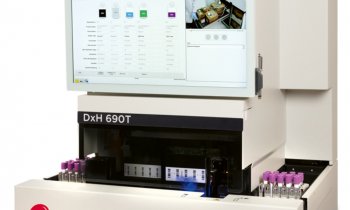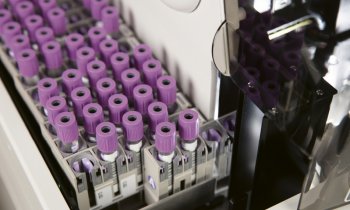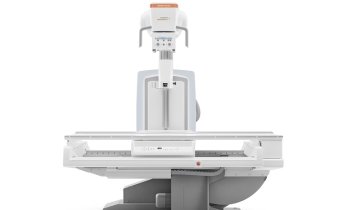Germany legislates for MRSA reporting
The UK, Denmark, Ireland, Sweden and the Netherlands already have it - an official obligation to report MRSA cases to their health authorities. Since 1 July 2009 German law has also required notification. Professor Herbert Hof, Director of the Institute for Microbiology and Hygiene at the University Hospital Mannheim, Germany, explained why such notification became essential.

‘According to § 6, Paragraph 3 of the German Infection Prevention Act (IfSG), since 2001 doctors have not been required to specify the increased occurrence of nosocomial infection, which can point towards a common source of infection by name. So there is no obligation to carry out a molecular-biological examination to confirm the clonal identity of pathogens; suspicion alone that two or more patients have become infected through mutual contact with MRSA forces doctors on hospital wards to report this on behalf of their superiors. However, this obligation was quite obviously frequently not met. That’s why the new addition in Paragraph 7 about the obligation to report pathogens by the laboratories has been introduced.’
In the past, he suggested, hospitals were not keen to notify the authorities because they may have been suspected of not following hygiene and patient safety measures, ‘especially if there was no proof of the import of pathogens via screening’. They also feared significant consequences through measures imposed by the authorities; allegedly, he explained, entire intensive care wards have already been closed in this context. ‘As responsibility is now being passed over to the laboratories one can assume that, from July, information will be passed on comprehensively and routinely. This will create a new form of transparency and obviously increases pressure on the hospitals.
‘According to the new law every individual case where MRSA has been confirmed in the blood or cerebrospinal fluid has to be notified to the respective health authorities by the medical laboratories. This means that a patient is obviously suffering from an MRSA infection and is seriously ill. At our institute in Mannheim we discover about two cases a month. Of course, false reports cannot be totally excluded, for instance when germs from the skin accidentally get into the culture bottle and there is actually no sepsis. The laboratory is then not actually reporting an infection but just the existence of MRSA in blood and cerebrospinal fluid.’
Patients who are MRSA carriers but have no symptoms ‘fall through the cracks’, he pointed out. ‘Only infection must be notified, but not colonisation. This means we are not aware of the entire epidemiological situation, only of the tip of the iceberg. Therefore, for risk groups we need to find out, as soon as possible after hospital admission, whether or not there is an MRSA colonisation, so that the transmision risk can be contained. Up to 80% of MRSA-positive patients already carry the germs upon hospital admission. Some hospitals electronically document whether a patient has previously tested MRSA-positive. These patients should then be immediately screened. If a patient is transferred elsewhere, some hospitals do not mention the patient’s MRSA status to their colleagues because they don’t wish to potentially jeopardise the transfer. This is why screening is recommended in the case of transfer, to document that these cases have been imported and have not developed in-house. The new obligation for notification is not the solution to the problem, but at least a step in the right direction.’
01.07.2009











